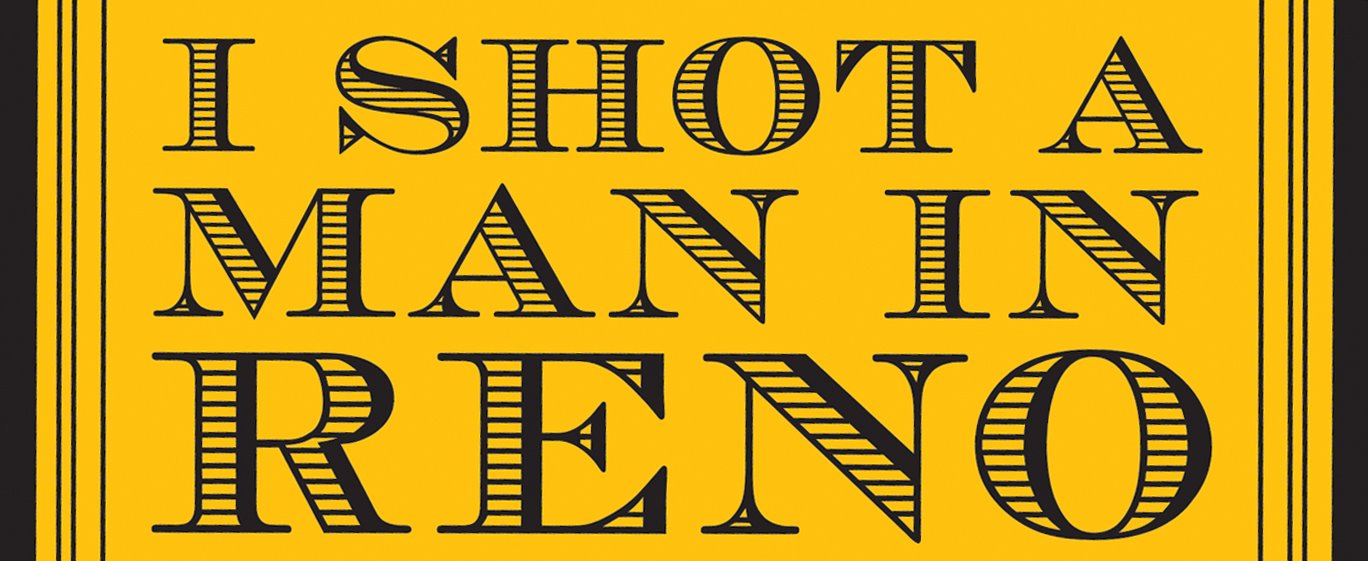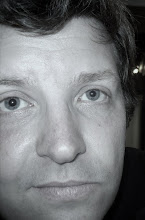
* * *
The key line, I think, on music’s relationship with murder is buried deep in a parched, sinister, elemental blues, written in 1992 but harking back to the previous century. Tom Waits’ Murder In The Red Barn was inspired by the real-life events of 1827, in which the English woman Maria Marten was murdered by her wealthy lover William Corder and buried in a shallow grave in the red barn of a farm in Polstead, Suffolk. A hugely popular broadside ballad called The Murder Of Maria Marten recounted the act, as told by the murderer; Waits does not stick to the detail – he appears to move the story to the US and the characters are unrecognisable – but he clearly knows the original tale. And halfway through comes a line that never fails to stop me dead in my tracks: “For some murder is the only door through which they enter life.”
It nods, of course, towards the odd kind of celebrity status that murder can bestow upon both victim and perpetrator, both then and now, but it also hints obliquely at the purpose behind many of these songs, to explore not just our inner fears but also the darkest areas of the human condition. The Waits line ties in with Nick Cave’s epic O’Malley’s Bar. It starts like a joke - man walks into a bar – and it is a joke in many ways, in all its cartoonishness, its bloodthirsty relish and pathetic execution of power, as our anti-hero slaughters what seems like the entire town (actually, it’s thirty-seven people by my count). We are almost in Tom Lehrer territory. The lavishness of the violence inviting comparison with songs like Rickety Tickety Tin, in which the daughter murders all the members of her family in bizarre, macabre and hilarious ways.
O’Malley’s Bar is a black joke, but by walking through that saloon door with murder on his mind, Cave’s killer is also walking through the door Waits is talking about: the act of destruction is a search to find some kind of greater meaning to his life. “There was something about a guy walking into a bar and blowing everyone away that I found quite interesting at some point,” Cave said. “Now, I find it an act committed by someone who lacks imagination and moral commitment. However I think our society is such that I can understand people committing acts like this. In its way, it’s a legitimate spiritual quest, a way of getting a bit of quality, a bit of meaning into their lives. It’s the by-product of a doomed world.”3
O’Malley’s Bar came out less than two years after Joel Schumacher’s 1993 film Falling Down, another contemporary attempt to plug into this idea of murder as the ultimate protest against an inexplicable world. But never mind Michael Douglas, really we’re into world of Dostoevsky’s Raskolnikov and Albert Camus’s Meursault, murder as an existential act, committed as part of the search to carve out a personal moral code. In his afterword to the 1955 edition of L’Etranger, the French-Algerian author muses on Meursault, the murderer who murders for no discernible reason: “He says what he is, he refuses to hide his feelings and society immediately feels threatened. For example, he is asked to say that he regrets his crime, in time-honoured fashion. He replies that he feels more annoyance about it than true regret. And it is this nuance that condemns him.”
Alongside the likes of Jesse James and Bonnie and Clyde, Meursault also appears as an archetype in many modern murder songs as the socially transgressive individual whose calamitous actions appear to be randomly deployed and motivated only by an attempt to show that the moral parameters set by society actually mean nothing. In one shot all the external religious and empirical structures are destroyed. Death, after all, is random, inexplicable, painful, inevitable and – often – seems utterly meaningless. The murderer-in-waiting in Talking Heads’s Psycho Killer is struggling to “face up to the facts”; murder gives the illusion of taking control and gaining power. The Cure, famously, translated Camus into the language of brittle post-punk on the snaking Killing An Arab: “I can turn and walk away/ Or I can fire the gun…. Whichever I chose/ It amounts to the same/ Absolutely nothing.”
Meursault’s troubling lack of remorse is echoed by the teenage killers in Springsteen’s Nebraska: “I can’t say that I’m sorry/ For the things that we done/ At least for a little while, sir/ Me and her we had us some fun.” And again on the Boomtown Rats' I Don’t Like Mondays, written just days after the sixteen-year-old Brenda Spencer killed two adults and wounded eight children and one police officer in a shooting spree at Cleveland Elementary School in the San Carlos section of San Diego, California in 1979. When asked why she did it, Spencer replied: “I don’t like Mondays. This livens up the day. I had no reason for it, and it was just a lot of fun. It was just like shooting ducks in a pond.”
Johnny Cash wrote Folsom Prison Blues, in which he famously shot a man in Reno “just to watch him die”, because he was “trying to think up the worst reason a person could have for killing another person. And that’s what came to mind.” It’s this line, a masterpiece of economy, that makes the song more than just a barely re-written version of Gordon Jenkins’ Crescent City Blues. It forces us to contemplate a truly amoral act, an act of sport, and why it was committed.
Richard Thompson, who has lived in Los Angeles for over twenty years, isn’t alone in finding Folsom Prison Blues alive with resonance fifty years after it was written. “It’s a wonderful song, very simple but it tells it like it is - a real slice of real life. Mindless acts: America is the place for that. American prisons are just jammed packed full of people who are there forever for [killing people who were just] passing in the street. It’s gotten very, very dark in America, and it will get darker.”
Everyone in these songs is brought to justice in the conventional sense but, the Folsom convict aside, they are not changed. Their minds do not surrender to the law imposed upon them. They don’t even display any real recognition that they have done anything wrong. This terrible, off-hand banality, more than the bloodstains and bullets, is the really scary thing about murder ballads. Why? Because deep down we know it’s the truth. This is exactly how terrible things happen in the real world. Murder doesn’t seep in through the pores; it starts from within, and it can catch you by surprise. If these songs seem somehow senseless, if we struggle to find a real clarity of purpose behind their composition, then that should not necessarily be regarded as a negative. In fact, it’s their triumph. “It is time for writers to admit that nothing in this world makes sense,” wrote Anton Chekhov in 1888. “If an artist decides to declare that he understands nothing of what he sees — this in itself constitutes a considerable clarity in the realm of thought, and a great step forward.”
copyright 2008 by Graeme Thomson




No comments:
Post a Comment